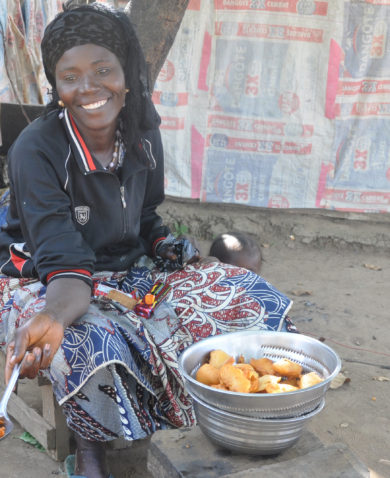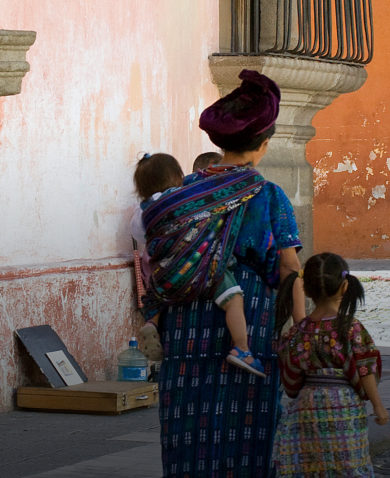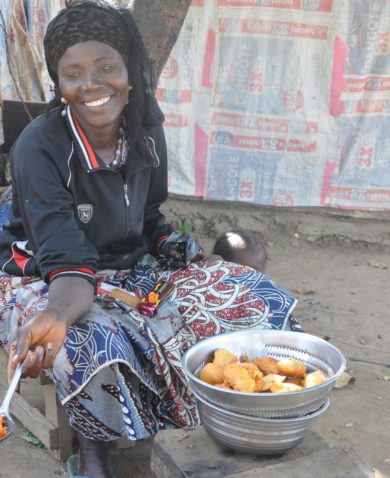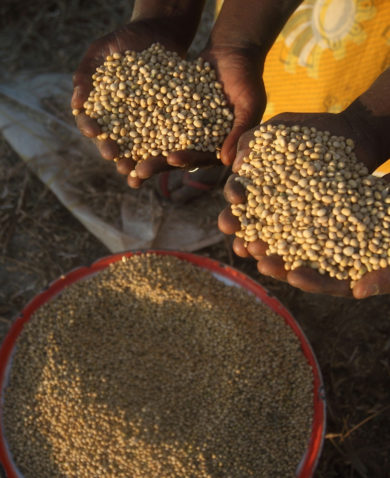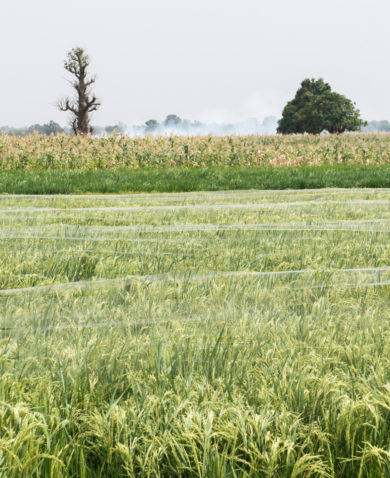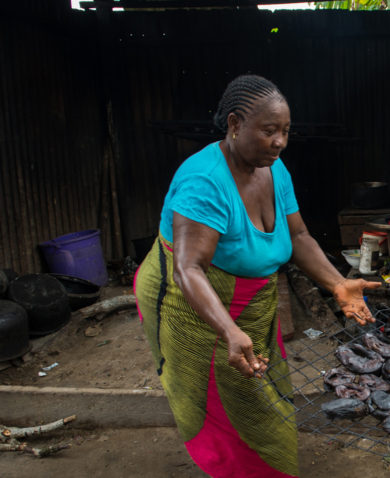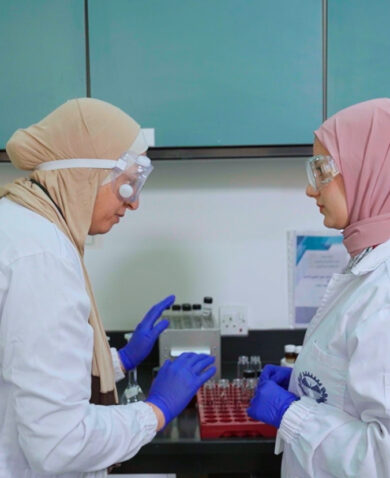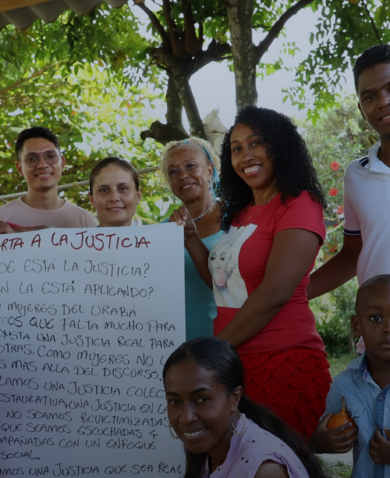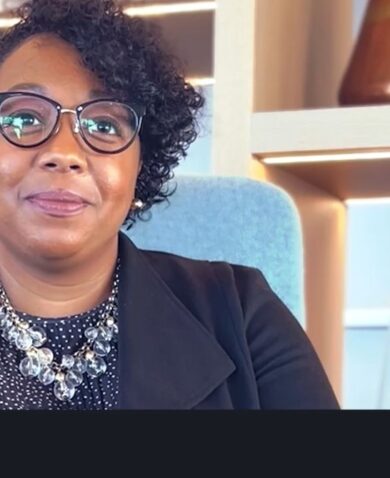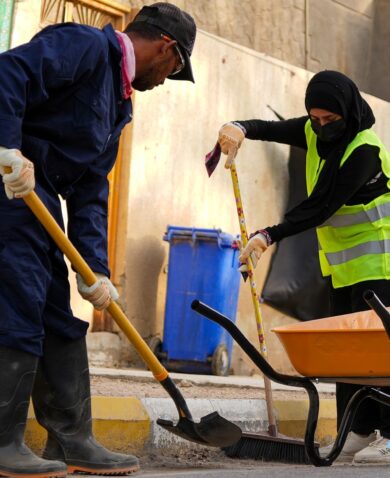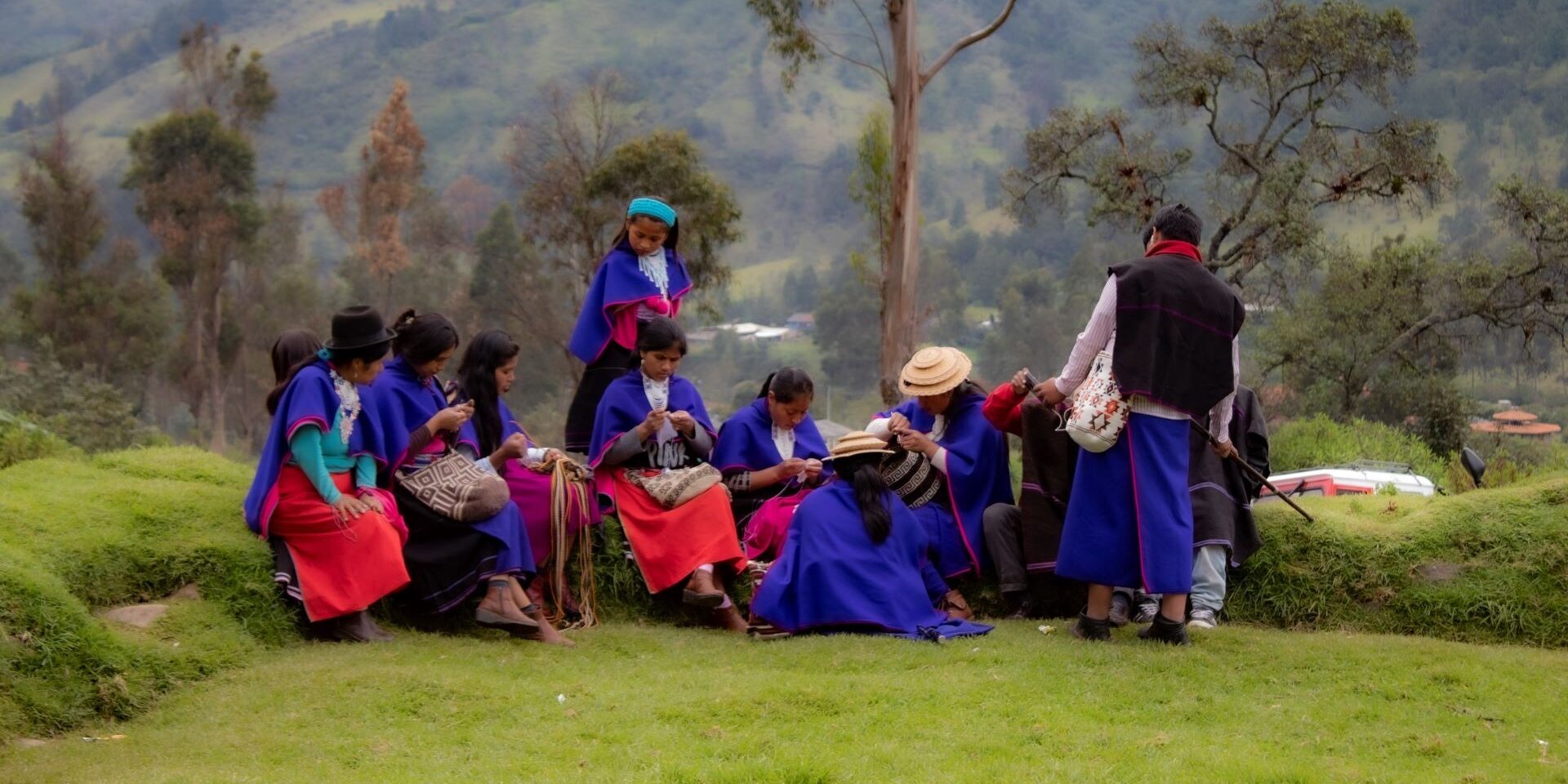
How to Promote Meaningful Partnerships with Indigenous Peoples
August 26, 2022 | 5 Minute ReadDevelopment priorities from donors and implementing partners have not always aligned with the priorities of Indigenous peoples. By adapting our approaches and promoting meaningful partnerships, we can achieve sustainable development that meets the needs of these communities.
Indigenous peoples and communities are critical to sustainable development outcomes across many sectors, including environmental conservation, economic growth, and social justice. Yet historical and structural barriers have posed a challenge for meaningful engagement of Indigenous peoples, that leverages their knowledge, expertise, and solutions. In part due to a misalignment of priorities, Indigenous peoples’ representation has been limited throughout the project lifecycle, from design to implementation. This lack of representation further exacerbates the marginalization of Indigenous communities, limits their ownership, and is unsustainable as it fails to meet their true needs and objectives.
To dismantle these barriers and promote meaningful partnerships with Indigenous peoples, implementing partners must use structural flexibility (in terms of contractual and financial mechanisms) and intersectional approaches in the design, implementation, and learning stages of a project. By understanding the interconnected nature of various social categories such as gender, culture, language, physical ability, and socio-economic status, how individuals and groups identify within these categories, and how they are impacted by them, we can leverage these dynamics to better align our work with the objectives of Indigenous peoples. Therefore, it is important to consider different identities, in all their diversity, when designing and implementing development programs.
Colombia Case Studies
Below, we highlight two economic growth and trade projects that Chemonics has implemented in Colombia that detail the process – and the role that structural flexibility and intersectionality have played – for intentionally building and fostering meaningful partnerships with Indigenous peoples.
The Colombia Rural Finance Initiative
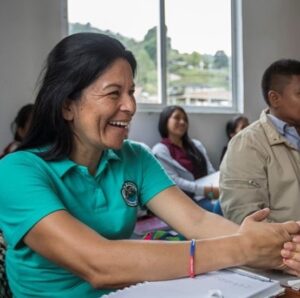
Intentional engagement. The USAID Colombia Rural Finance Initiative (RFI) developed a partnership with the Nasa Community in rural Colombia to adapt financial services to better serve and support the development of local businesses. The Nasa Community members, like many other Indigenous communities, had challenges accessing finance from commercial banks because their property was an asset shared by the entire community.
For Indigenous women and youth in particular, lack of credit history and collateral created additional barriers to accessing finance. The project worked directly with financial institutions to build their capacity in lending to the local Indigenous communities and reduce risk to these populations. One of the challenges faced by the project was navigating the Colombian government’s current legal and financial protections and arrangements for Indigenous communities. We managed this challenge by having a liaison from the Nasa community and regional advisors that helped educate the project team on Indigenous customs and language for better collaboration and trust building.
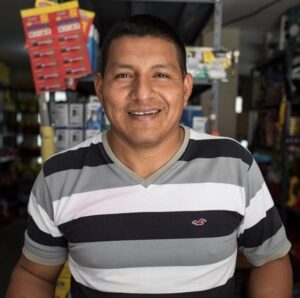
Positive outcomes. The efforts of the project team to understand the local community’s culture and structures allowed them to develop intentional approaches to promote the Nasa Community’s values, relations, and institutions for inclusive economic development. As part of the project, RFI provided them with software that facilitates processing and analysis of the accounting information of these three funds for each town council, which are part of the Nasa people’s effort to achieve the economic development of their community in accordance with their Life Plan and cultural norms. The project’s collaborative approach to implementation enabled the community to take ownership of and continue utilizing the tools and models developed alongside the Colombia RFI project team, thus having a lasting impact on their economic development in the region through their own terms.
Colombia Páramos and Forests Activity
Intentional engagement. USAID’s Páramos and Forests (P&F) Activity is currently working with Afro-Colombian and Indigenous communities to generate sustainable income revenue streams through Reduced Emissions from Deforestation and Forest Degradation (REDD+) projects in efforts towards reducing projected greenhouse gas emissions. P&F uses an approach that upholds the beliefs, experiences, and rights of vulnerable groups as informed by the local context. These groups include women, youth, Afro-Colombians, Indigenous peoples, and internally displaced persons. In partnership with Indigenous communities, P&F leverages traditional knowledge and builds relationships with Indigenous communities based on mutual respect and trust to identify priorities to advance economic growth and environmental protection and sustainability. P&F also recognizes the vital role that Indigenous women play in their communities. For example, in Mutatá, P&F signed a grant agreement with the Indigenous Community Council that aimed to strengthen the capacity in Indigenous women to implement productive activities and engage with local and international markets. Through these grant agreements, Indigenous women created investment projects, presented proposals and ventures, set up service provision contracts, received and extended technical assistance, and developed tools for productive activities. These helped strengthen their participation in decision-making and specifically so their interests could be incorporated in their communities’ development plans, further reaffirming Indigenous women’s roles.
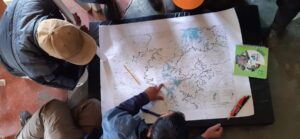
Positive outcomes. P&F is fostering engagement of Indigenous peoples in the stewardship and decision making of environmental protection and economic growth. The project provided support to Afro-Colombian and Indigenous communities organizations to develop applications for the grants fund, and each proposal included a gender and/or generational approach and were based on the recognition of the rights of ethnic groups in Colombia. As a result of these activities, P&F trained 2,133 persons, of which 72% were Afro-Colombian, 14% Indigenous, and 33% women. In páramos, work continues focusing on land-owning families in the areas prioritized by P&F, using land planning exercises with a gender approach to promote participation by all family members in decision-making processes. These initiatives collectively benefit more than 650 families from the targeted ethnic groups.
Lessons Learned
1. Structural flexibility and redefining development are essential when engaging with and working in Indigenous communities.
The development process must align with and reflect the values, knowledge, and objectives of Indigenous peoples. The Colombia RFI and P&F projects have leveraged the grants mechanism as a tool to support Indigenous communities to respond to their specific needs with less contractual and financial barriers than a traditional contract mechanism. Flexibility of implementation has allowed for activity objectives to align with the visions of Indigenous communities, providing space and funding to invest in the priorities they define as being important.
2. Meaningful partnership means actively engaging Indigenous communities as leaders and decision makers in the development process.
Ensuring Indigenous peoples are engaged in activity design from the start and integrated as decision makers driving change throughout implementation is important to adapt and pivot programming in real time.
3. Strive for long-term impact in lieu of short-term gains.
Individual projects may have a narrower vision of their objectives. Aligning with the priorities and interests of Indigenous communities allows for longer-term sustainability beyond the life of a single project. Projects must support the creation of initiatives and programming which allow Indigenous communities to continue driving change beyond the longevity of the project. For example, RFI and P&F created educational opportunities for Indigenous communities to gain knowledge and carry forward the positive impacts achieved in line with their own goals by, among others, engaging the University of the Nasa People on educational programing for fund sustainability by developing a Certificate Course in Management and Administration of Rotating Funds.
By implementing these lessons in development work with Indigenous Peoples, even beyond the economic growth sector, we can build truly meaningful partnerships that lead to more impactful, more inclusive, and more sustainable development outcomes.
Banner image caption: Guambianos Group, Silvia, Cauca. The photo was taken by Juan Carlos Gómez.
Posts on the blog represent the views of the authors and do not necessarily represent the views of Chemonics.









